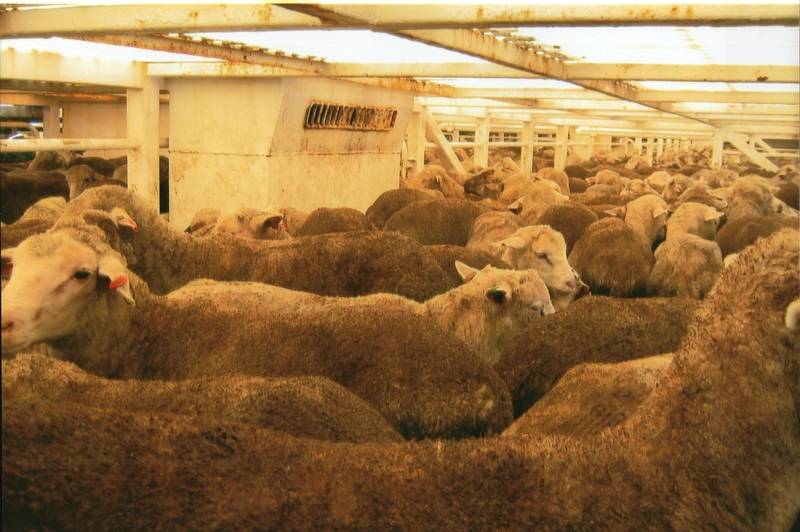Animal Welfare Groups Call For Live Sheep Export Ban Timetable
An open letter has called on Australia’s Albanese Government to deliver on its election promise and legislate an end to live sheep export.
The call, from the RSPCA and 10 other Australian animal protection organisations, comes nearly six months after the independent panel’s report was delivered to the Government — with still no plan for how and when live sheep export will be phased out.

“Australians were relieved when the Albanese Government took this promise to the 2022 federal election,” said RSPCA Australia CEO Richard Mussell. “They know how deeply unacceptable live sheep export is, including 78% of Australians who support a phase out if affected farmers were provided with assistance to transition.
“But now here we are, nearly two years into the Government’s term, and there’s still no plan for how this cruel and unfixable trade will be phased out.”
Mussell said that while the RSPCA acknowledged the trade itself wouldn’t end before the 2025 federal election, a phase out must be legislated before then and funding to support the transition included in the May budget.
“Every year the trade continues is another year that hundreds of thousands of sheep unnecessarily suffer. No wonder so many animal protection organisations, including the RSPCA, have come together to publish this open letter today. It is time for the government to take action.”
Earlier this year, the Australian Livestock Exporters’ Council (ALEC) complained of tired and factually incorrect arguments being used to support the proposed ban. It cited Member for Grey, Rowan Ramsay, as saying: “The truth is that the industry has reformed, and it is growing. In 2023 volumes were 30% higher than 2022, all while this policy has hung over the industry’s head. We have also sent approximately 40,000 sheep to the Kingdom of Saudi Arabia in 2024 – a market that only reopened this year.
“The argument that chilled or boxed meat will replace live animal exports is also a fallacy. Many of our international trading partners already take chilled meat but remain our largest markets for live animals.
“Ignoring their preferences and market demand is an arrogant position for Australia to take. Numerous strategically important trading partners in the Middle East have made representations to the government to this effect – yet they go unanswered. The Government puts more at risk than international investment in agriculture with this attitude.”
